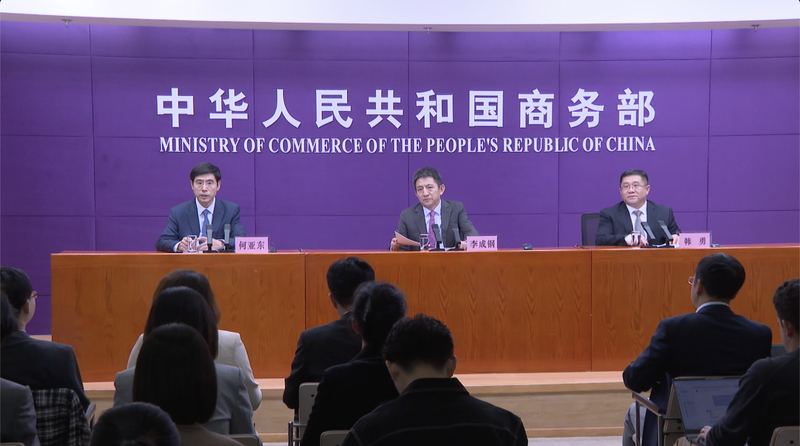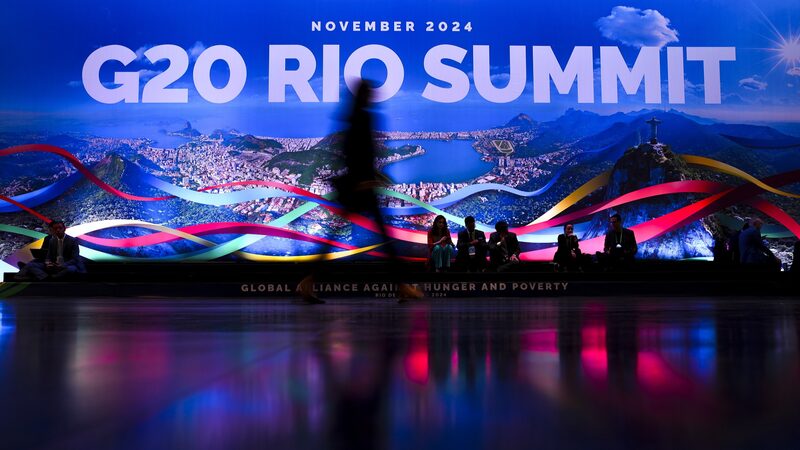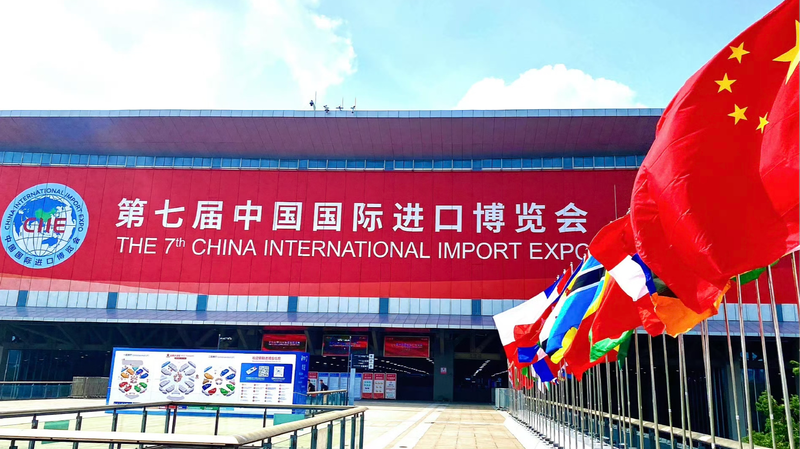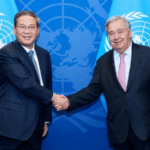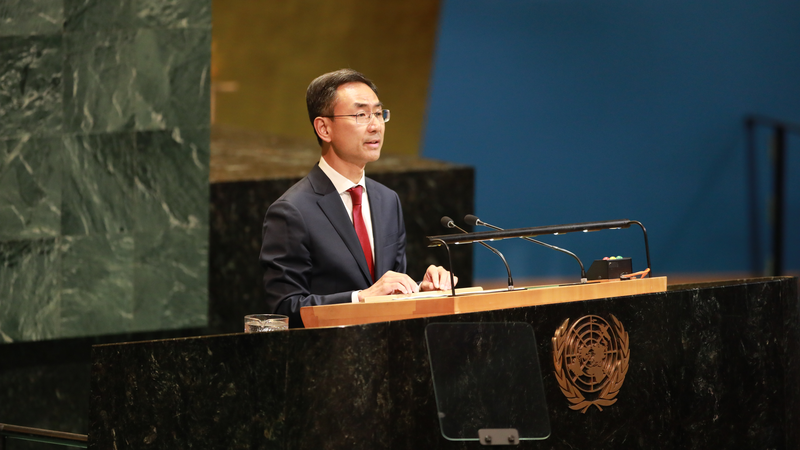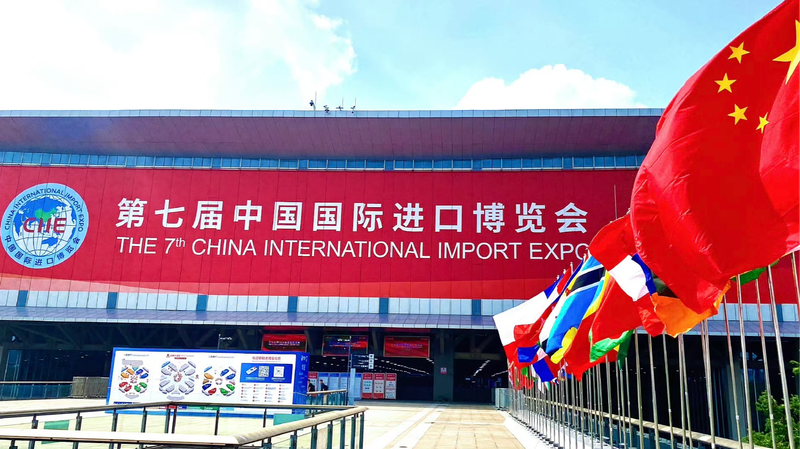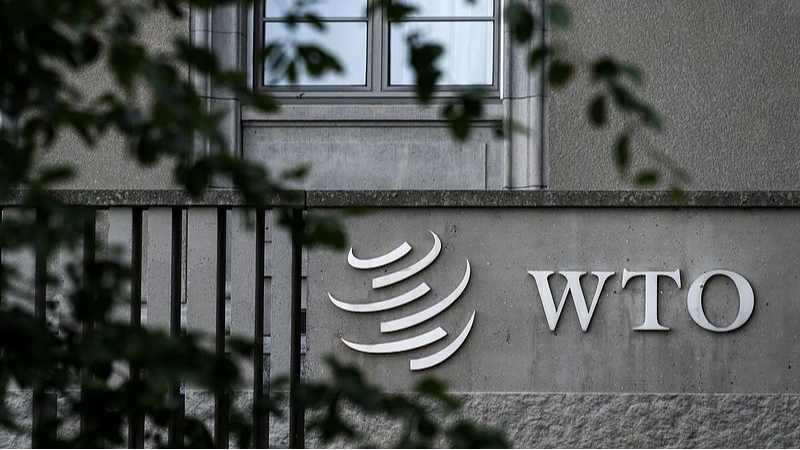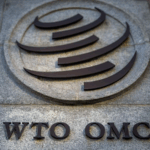China has announced a pivotal shift in its approach to global trade governance, pledging to no longer seek new special and differential treatment (SDT) in current or future World Trade Organization (WTO) negotiations. The decision, unveiled by Chinese Premier Li Qiang at a UN General Assembly event on Tuesday, signals China's growing role in shaping multilateral trade frameworks while balancing its status as the world's largest developing economy.
"This decision will inject confidence into global trade liberalization and add positive momentum to WTO reform," Premier Li stated, emphasizing China's commitment to the Global Development Initiative. The move comes as WTO members grapple with modernizing rules to address 21st-century challenges like digital trade and supply chain resilience.
A Delicate Balance: Development Status and Global Responsibility
Vice Commerce Minister Li Chenggang clarified that while China will forgo new SDT requests, it maintains its developing country status and solidarity with the Global South. SDT provisions allow developing economies longer implementation timelines and technical support in trade agreements—a mechanism China utilized strategically since joining the WTO in 2001.
Analysts note this decision reflects China's evolving economic weight, having contributed to 30% of global growth over the past decade. The country previously leveraged SDT to support its manufacturing sector and rural development, while also championing initiatives like the COVID-19 vaccine intellectual property waiver to assist other developing nations.
Implications for Global Trade Architecture
Trade experts suggest China's move could accelerate WTO reform discussions ahead of the 14th Ministerial Conference in 2026. The announcement follows recent breakthroughs in plurilateral agreements on services regulation and environmental goods, where China played mediating roles between developed and developing members.
As WTO members prepare to negotiate new rules on digital trade and industrial subsidies, China's stance may encourage other advanced developing economies to reconsider their SDT positions. However, Minister Li stressed that "developing members' interests must remain central" in any reform outcomes.
Reference(s):
China's no new WTO SDT pledge shows leadership in trade reform
cgtn.com
